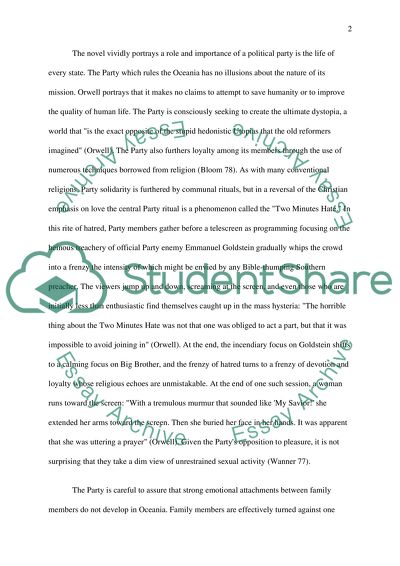Cite this document
(“1984 by George Orwell Book Report/Review Example | Topics and Well Written Essays - 2500 words”, n.d.)
Retrieved from https://studentshare.org/literature/1530850-1984-by-george-orwell
Retrieved from https://studentshare.org/literature/1530850-1984-by-george-orwell
(1984 by George Orwell Book Report/Review Example | Topics and Well Written Essays - 2500 Words)
https://studentshare.org/literature/1530850-1984-by-george-orwell.
https://studentshare.org/literature/1530850-1984-by-george-orwell.
“1984 by George Orwell Book Report/Review Example | Topics and Well Written Essays - 2500 Words”, n.d. https://studentshare.org/literature/1530850-1984-by-george-orwell.


